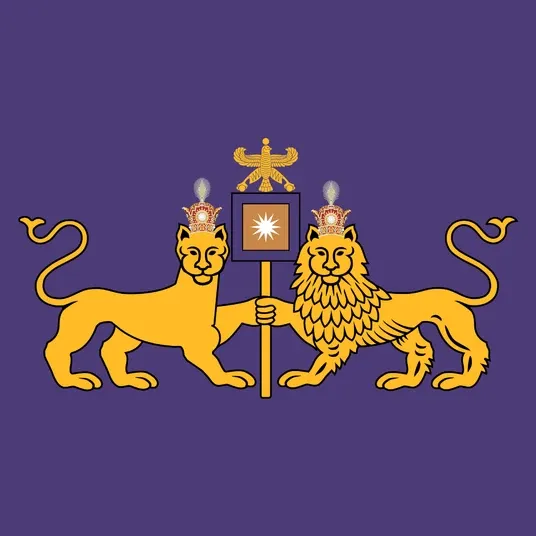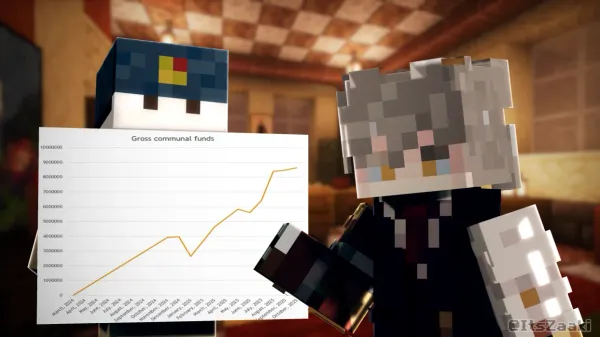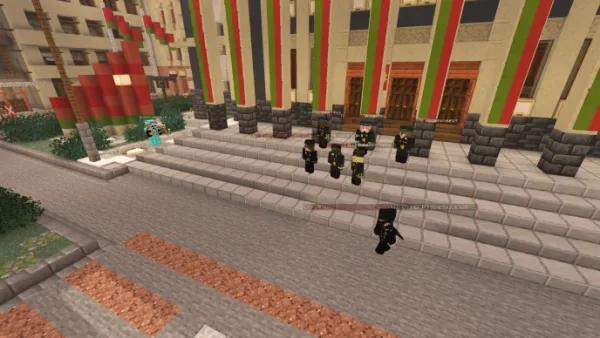Liranoskovan Election Preview
Your guide to the upcoming Liranoskovan general election

LIRANOSKOVA - The Netzlist Republic of Liranoskova began the three-day voting period for its fifth general election on October 9, after an energetic campaign focussing on the nation's activity crisis. In Liranoskova's multipartisan parliamentary system, the elections to the Peoples' Chamber will determine which of the ASI member's four political parties can form government for the next two months.
The Netzlist Unity Party of Liranoskova (NKPL), led by incumbent Prem'ian Ari Netzl, has dominated Liranoskovan politics since the nation's inception, having held an outright legislative majority continuously until the previous election. The big-tent Netzlist party remains the strongest force in national politics, maintaining polling above 40%, although its era of outright majorities seems long past. The NKPL suffered attacks from all sides during the campaign, being accused of incompetence and complacency in the wake of the nation's decline in activity. However, the senior governing coalition partner's popularity has remained steady, with its campaigning centring around stability and defending its long record in government. They are expected to maintain their status as the largest party in the Chamber, and are highly likely to remain in government in some form.
The Country Workers' Democratic League (CWDL), led by Speaker of the Chamber Mun Federson, has served as the junior coalition partner for four months. Generally considered to be on the left of Liranoskovan politics, the CWDL pursues a more agrarian and populist Netzlist program, but remains ideologically close to the NKPL. They energised the campaign on October 2, after Minister of Internal Affairs Teramaat C.S. Astieullotre-Nikola published a provocative campaign ad blaming the NKPL for the activity crisis, leading to the fall of the long-standing NKPL-CWDL coalition. However, polling indicates their gamble may not have paid off, with the party only managing 13% of the vote in the most recent poll; a result that would see an 8pp swing against them and place their second Chamber seat in danger.
The Liranoskovan Unitist Socialist Party (LUSP), led by Minister of Foreign Affairs Draven Avalonest, has emerged as the largest challenger to NKPL dominance. The traditional opposition party, strong advocates for a Unitist economic system relying on cooperatives over central planning, is considered to be on the right of the Liranoskovan political spectrum. Besides their unique economic policy, they have also centred their campaign on the activity crisis, blaming both governing parties for inadequate administration. Their polling has remained steady around 20%, and they have a decent chance of becoming the first non-NKPL party to be elected to three Chamber seats.
The Popular Socialist Party (PSP), led by Smiley McSmiles, is the newest party on the political scene in Liranoskova, having won their first seat at the previous election. The populist party has called for economic and military activity, as well as voter reform and a pragmatic foreign policy. Despite recent polling in the low teens, they are uniquely poised to benefit from a new STV electoral system, as all three other parties have urged their voters to preference the PSP second, potentially giving them a path to a second Chamber seat. Their ideological syncretism may make them a key player in post-election coalition negotiations, although their recent cooperation and preference deal with the CWDL indicate a potential shift to the left.
Whatever the specific election results, government formation negotiations after the election are expected to be the toughest in Liranoskovan history, with no party likely to gain an outright majority in the proportional Chamber. The public breakup of the long-standing NKPL-CWDL governing coalition, as well as the latter's cooperation with the PSP, may jeopardise any effort at reunifying the traditional partners. However, the ideological opposition of the rest of the parties to the LUSP's economic policy mean a rightward shift would also face tough roadblocks. All parties have been tight-lipped on their plans post-election, so it is likely there will be no clear winner when election results are released on October 12.



